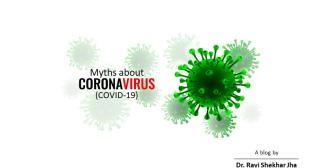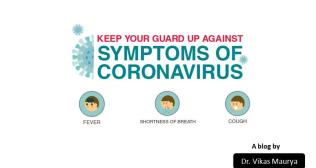
Pulmonology
All You Need To Know About Asthma
All You Need To Know About Asthma Dec 02, 2013
Asthma is a disease of the airways in the lungs. Its symptoms are caused by inflammation, which makes the airways red, swollen, narrower and extra-sensitive to irritants. This leads to recurrent attacks of wheezing, breathlessness, chest tightness and coughing. Mild attacks can settle down without treatment, but treatment usually helps them to resolve more quickly. Appropriate treatment can also reduce the risk of further attacks. If you experience a serious attack you should seek emergency help.
Asthma is a long-term (chronic) disease. Your asthma does not stay the same, but changes over time, and every person with asthma has good and bad days (or longer periods of time).
Inflammation is a reaction to infections and other triggers in the lining of the airways and the underlying tissue. The inflammation makes the airways become red, swollen, narrower and extra-sensitive. Inflammation of the airways causes asthma symptoms (wheezing, breathlessness, chest tightness and coughing) by restricting or limiting the airflow to and from the lungs. It does this by causing:
- Swelling of the airways, which make them narrower.
- Tightening of the muscles that surround the airways (also called bronchoconstriction), which makes them even narrower.
- The production of too much mucus, which can plug up or block the airways.
- Longer-term damage to the walls of the airways, which prevents them from opening as widely as a normal airway.
- Clean the house at least once a week and wear a mask while doing it
- Avoid pets with fur or feathers
- Wash the bedding (sheets, pillow cases, mattress pads) weekly in hot water
- Encase the mattress, pillows and box springs in dust-proof covers
- Consider replacing upholstered furniture with leather or vinyl
- Use the air conditioner
- Keep the humidity in the house low
- Diagnosis of the disease with the help of Pulmonary Function Tests
- Identifying the cause or the triggering factor by Allergy Testing and other tests
- Assessment of the severity of disease by exercise tests
- Search for any underlying infection
- Acute and chronic management with the help of Respiratory Therapist and Diet Counselling
- Evaluation of nighttime behavior of the patient by Sleep Study




















